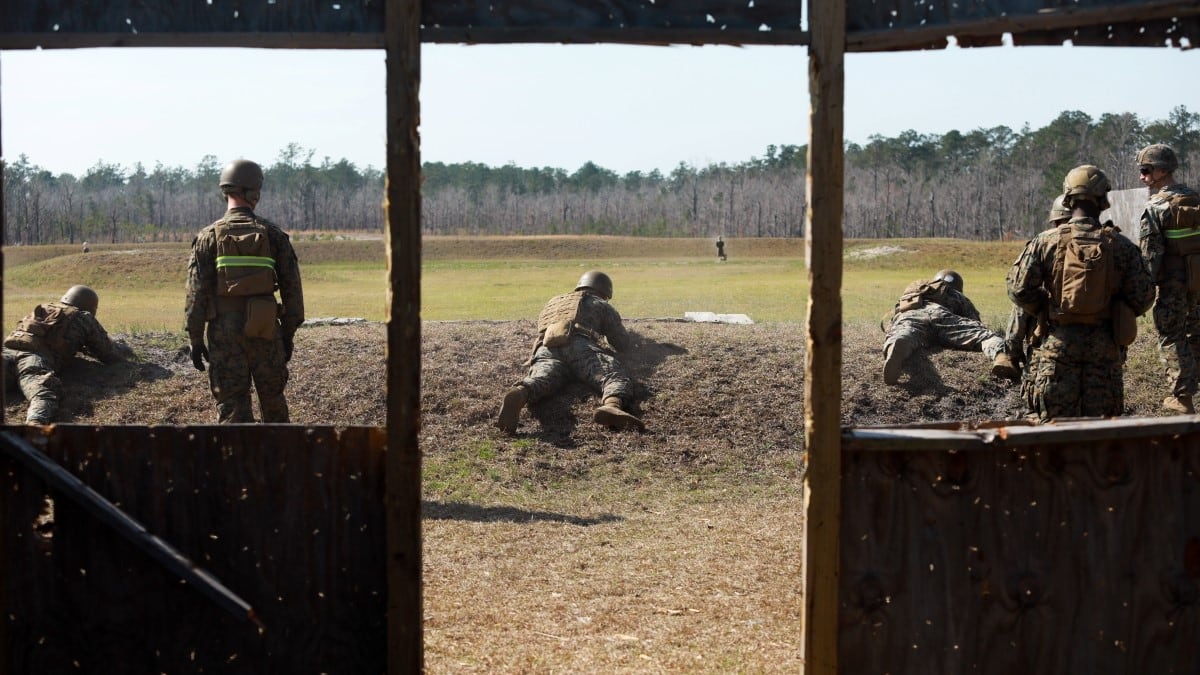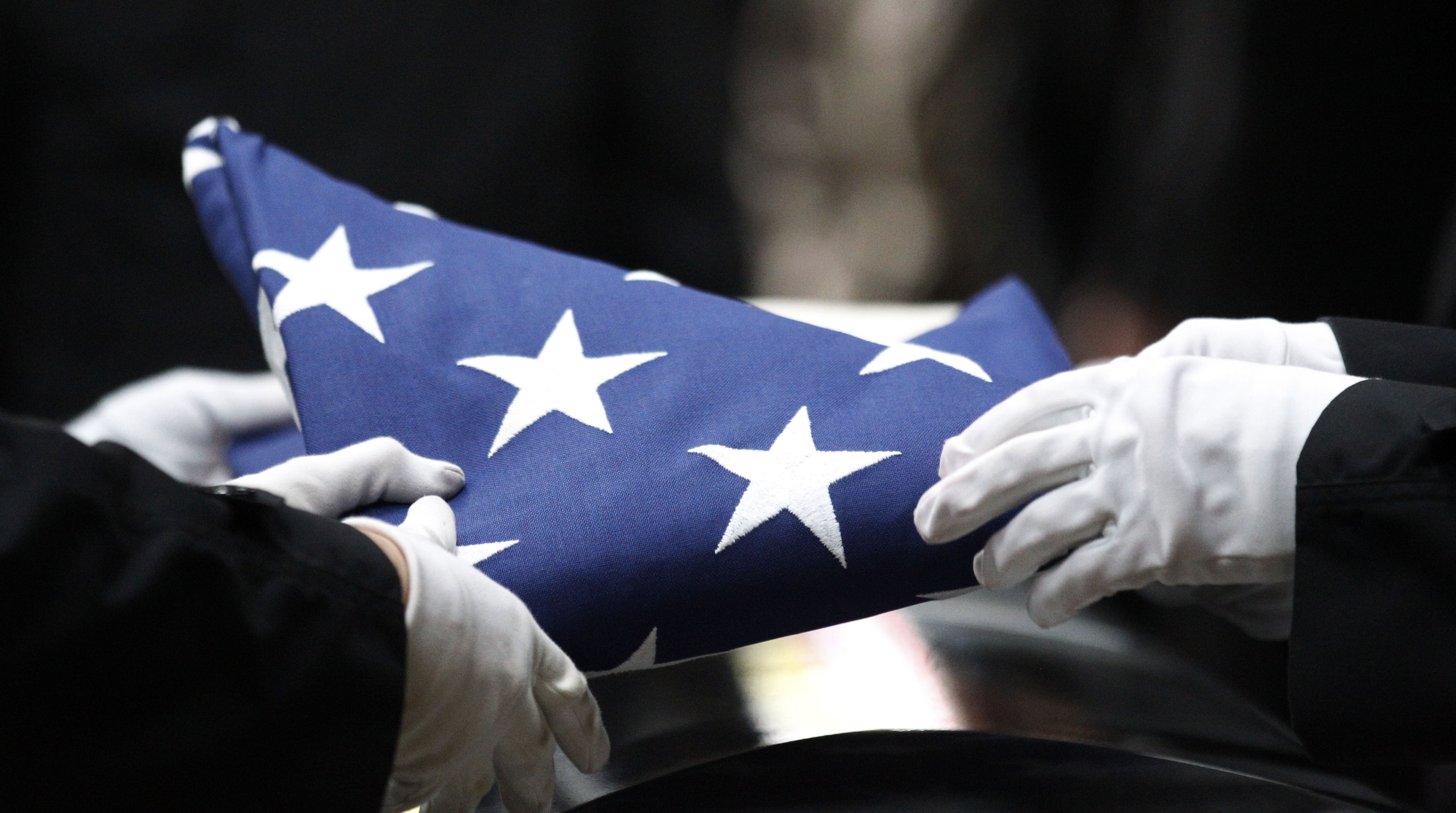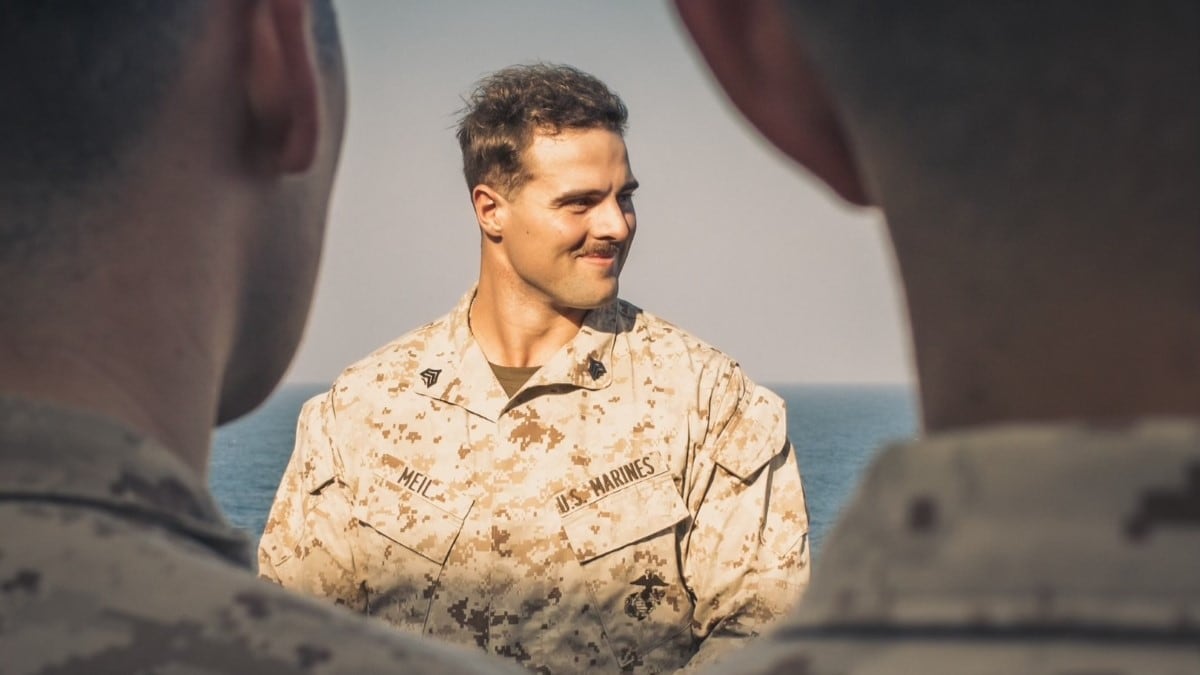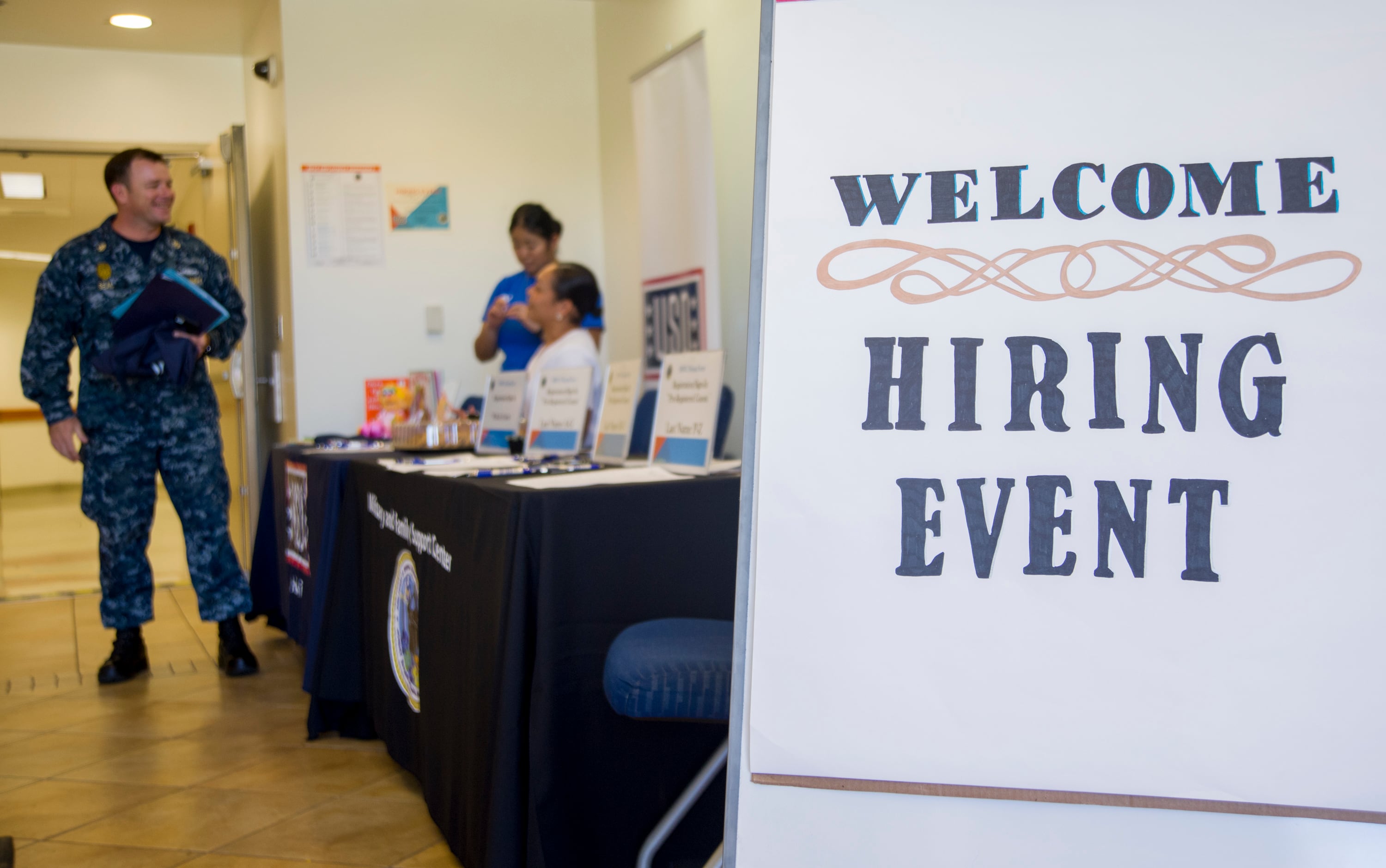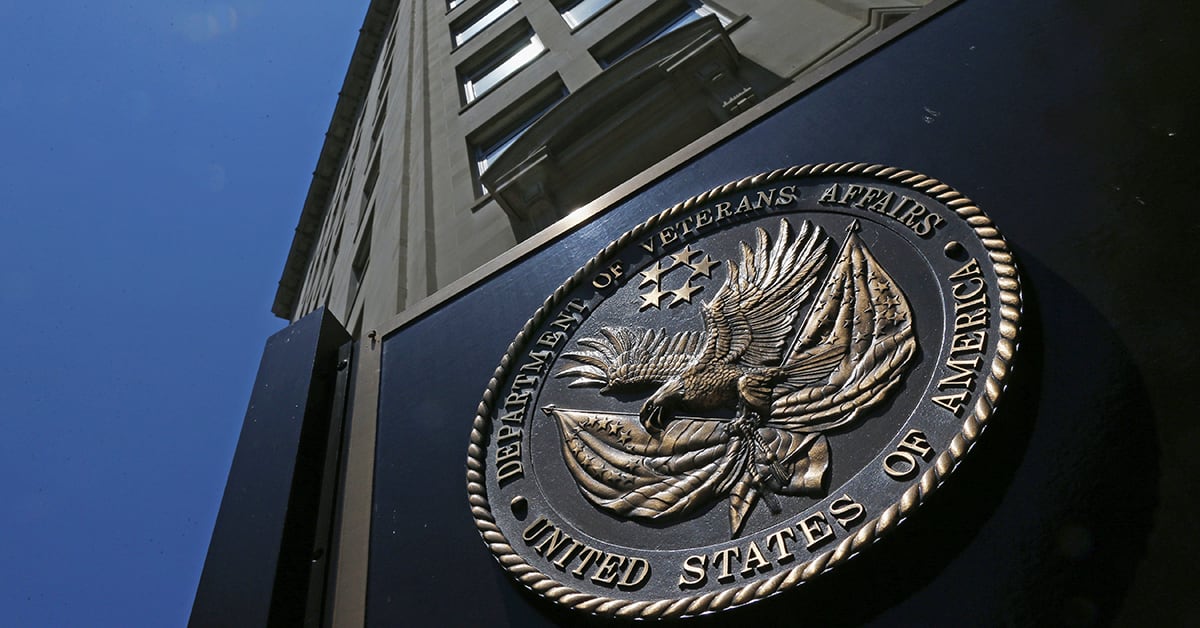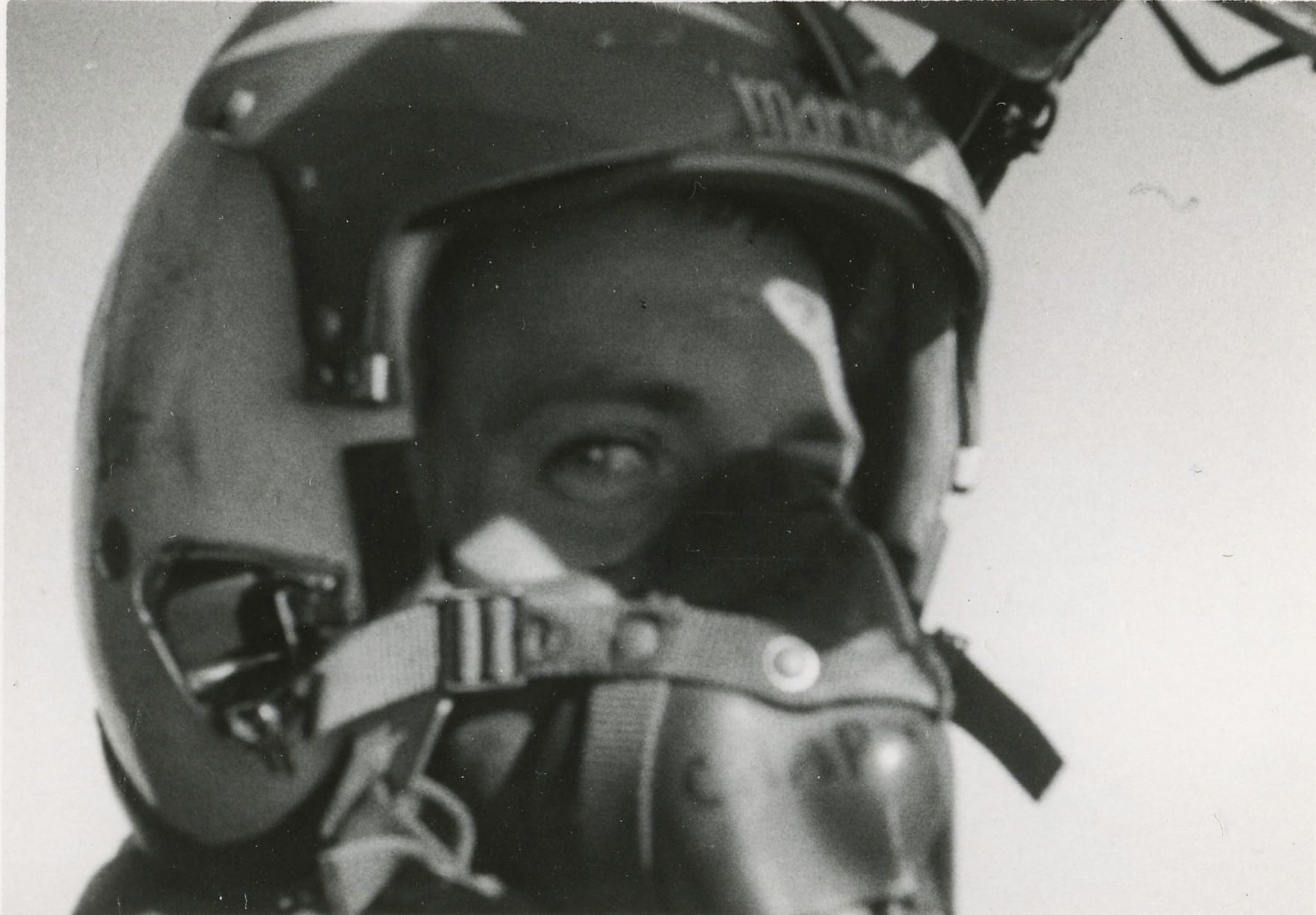TAMPA, Fla. — Special operations will play an important role in competition with China and Russia, but that role needs refining, according to military officials.
U.S. Special Operations Command made major contributions during the Cold War and could be critical again, a retired general said during a Wednesday panel at the Global SOF Foundation’s SOF Week here. But one challenge is determining who’s in charge. Special operations can’t run the show but they can be at the front of where policy decisions meet the messiness of real-world operations.
“We’re in almost as awkward a structure for competition as we were for combatting terrorism in 2002. Who’s the lead globally?” said retired Army Gen. Vincent Brooks, who last commanded U.S. Forces in Korea and is now a principal at the consulting firm WestExec Advisors.
Kimberly Field, director of strategy, plans and policy at SOCOM, said the command is working to shape its role. In particular, it’s focused on an exercise called “what winning looks like.” This training event starts with the pacing threat of China against Taiwan and then zooms out to see how that fits in a global approach to peer adversaries.
She said leaders in the command must “be able to express what SOF delivers.”
One panelist pointed out this is not the command’s first pivot. Michael Vickers, a former undersecretary of defense for intelligence, noted that in the decade after Sept. 11, 2001, SOCOM doubled its force and tripled its budget.
Early in the shift to great-power competition, top defense and intelligence officials questioned the relevance of SOF. But he said that question is now mostly settled.
To make this pivot, he said the command must address anti-access, area-denial systems China has rolled out in its region. Those will require clandestine infiltration; intelligence, surveillance and reconnaissance; and “stay behind” capabilities in places such as Taiwan.
That is similar to some of what Vickers saw in the last Cold War. “One of the big things that kept the Cold War cold and hopefully will keep the new Cold War cold is nuclear weapons and the threat of escalation,” he said.
To leverage special operations capabilities, Army Maj. Gen. Steven Edwards, commander of U.S. SOCOM-Europe, pointed to the importance of building partner- and allied-forces.
“When the war kicked off in Ukraine, we all needed to come together, we could not do it alone, we needed to burden share,” Edwards said during the same panel.
The two-star pointed to “reverse burden sharing” as well. He said U.S. forces can’t operate within Ukraine, but some partners can, though he did not give specific names.
Reverse burden-sharing means U.S. forces can step in to relieve other pressures from partners in their countries or other locations so that those with access to Ukraine can conduct training and support.
Todd South has written about crime, courts, government and the military for multiple publications since 2004 and was named a 2014 Pulitzer finalist for a co-written project on witness intimidation. Todd is a Marine veteran of the Iraq War.



